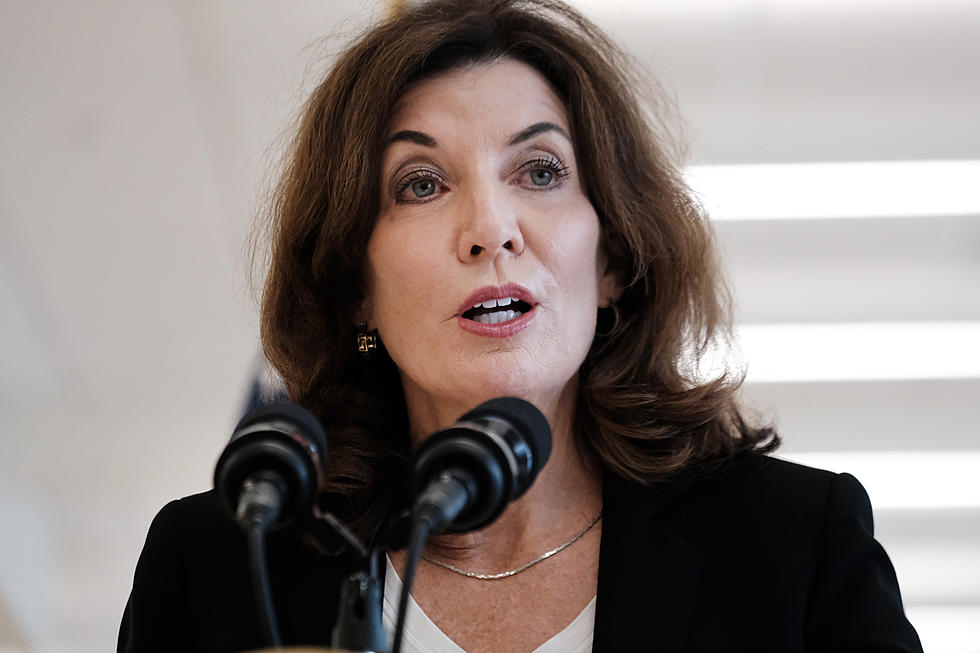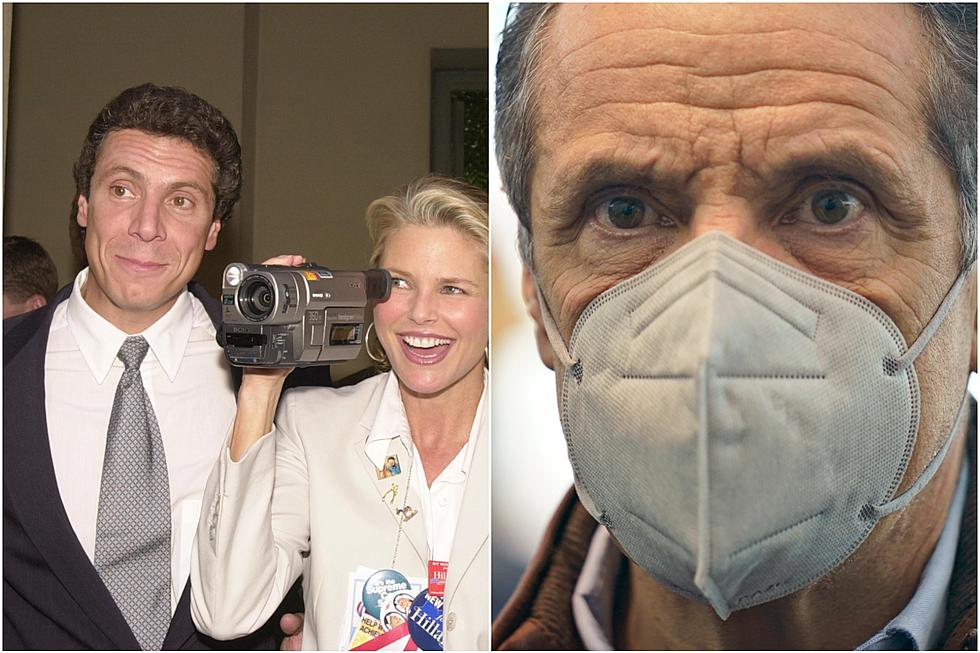
Cuomo Commutes/Pardons 10 Inmates Before Leaving Office
New York Governor Andrew Cuomo will be stepping down in just a couple of days. But before he goes, he will be granting clemency to a number of inmates.
I'm sure there's a reason for it that I'm just unaware of but it makes you scratch your head and wonder why these things are always one of the final acts when someone is leaving office. And it happens on both sides of the aisle. When someone is in a position of power that has the ability to do so, whether it's a governor or a president, they almost always pardon a number of prisoners before they leave.
If these people are truly reformed, then why did it take you leaving office to grant them a pardon?
They can provide pardons and commutations for inmates. What's the difference? Look at it this way...a pardon will wipe a slate clean. A Commutation will make the punishment milder without wiping out the underlying conviction.
On Tuesday, Governor Cuomo issued 5 pardons and 5 commutations claiming that the people had "demonstrated substantial evidence of rehabilitation and commitment to their communities."
The people who saw their sentences commuted:
- Nehru Gumbs - convicted of manslaughter, criminal weapon possession and assault when he was 18 years old in 2005. He has served 17-and-a-half years out of a 25-year sentence.
- Jon-Adrian Velasquez - convicted of second-degree murder, attempted murder, robbery, and attempted robbery in 1999. He has served 23-and-a-half years out of a 25-year-to-life sentence.
- George Martinez -convicted of burglary and attempted burglary, among other charges — serving 15 years out of a 17-and-a-half-year-to-life sentence.
- Dontie Mitchell was convicted of robbery, criminal use of a firearm, and several other crimes, including crimes he committed when he was 17 years old and homeless. He has served 24-and-a-half years out of a 27-to-54-year sentence.
- Richard "Lee" Chalk was convicted of second-degree murder, robbery, burglary, and criminal possession of a weapon in 1988, serving 33 years of a 50-years-to-life sentence.
The people who have been pardoned:
- James Pamphile - convicted of bail jumping, assault and attempted assault.
- Ivelisse Castillo - convicted on drug charges in 2001.
- Jorge Quinones - convicted of attempting to sell drugs.
- Miriam Ordonez - convicted of attempting to sell drugs when she was 17 years old and working at a coffee shop run by a drug dealer who sought out and took advantage of undocumented children.
- Catherine Valdez - convicted of attempted robbery when she was 16 years old.
All of the people involved in the pardons and commutations have shown progress towards reform by doing things like establishing an educational initiative combating gun violence, serving as youth counselors, and mentoring other young people who grew up without role models.
While I am happy to hear that these people are reforming their lives, it has to feel like a lack of justice to the families of the victims in these cases. To struggle for weeks and months trying to get a conviction, then get one, only to have it turned around has to be incredibly disheartening.
LOOK: Here Are the 25 Best Places to Live in New York State
Things You'll Be Allowed To Do Soon Now That Marijuana Is Legal In New York State
8 Self Defense Weapons Outlawed in New York
More From 106.5 WYRK









